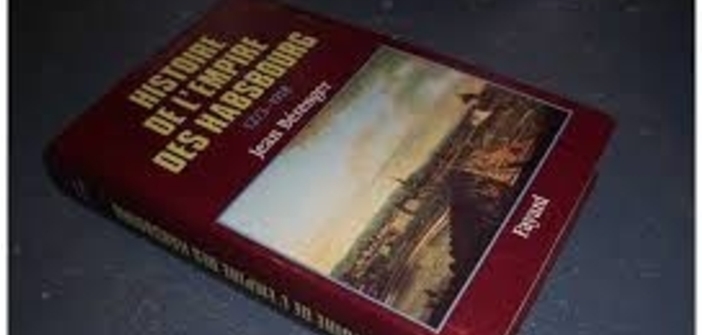The author took on a challenge by writing the history of the Habsburg dynasty. This family ruled Central Europe, with their central point being Vienna.
The Habsburgs were men of war, conquerors, and they founded an empire they intended to be universal. It was the abdication of Charles V, dividing his states in two, that gave Austria its glorious and brilliant destiny.
Austria overcame the trials of history: sometimes triumphing, other times regenerating. The old empire seemed eternal, surviving the vicissitudes of history.
World War I was its twilight and downfall. The treaties of Versailles and Saint-Germain-en-Laye with Austria left Germany almost intact while it was at our border and annihilated the old Danubian empire, creating a void in the center of Europe with countries where minorities would serve as a pretext for a Germany thirsty for revenge.
1919 is in fact the genesis of World War II. The persistence of the House of Habsburg in Austria might, perhaps, have prevented the rise of Nazism by uniting Slavs and Austrians in a vast federation.
Such a state would have been powerful enough to prevent the criminal escalation of a Germany mesmerized and fanaticized by Hitler’s demagoguery. It is only a supposition, but it has the merit of raising the question: the Treaty of Versailles or the missed peace?
The history of the Habsburg empire raises in conclusion this question that remains relevant today, even if a united Europe has blurred its significance.
Thierry Jan


